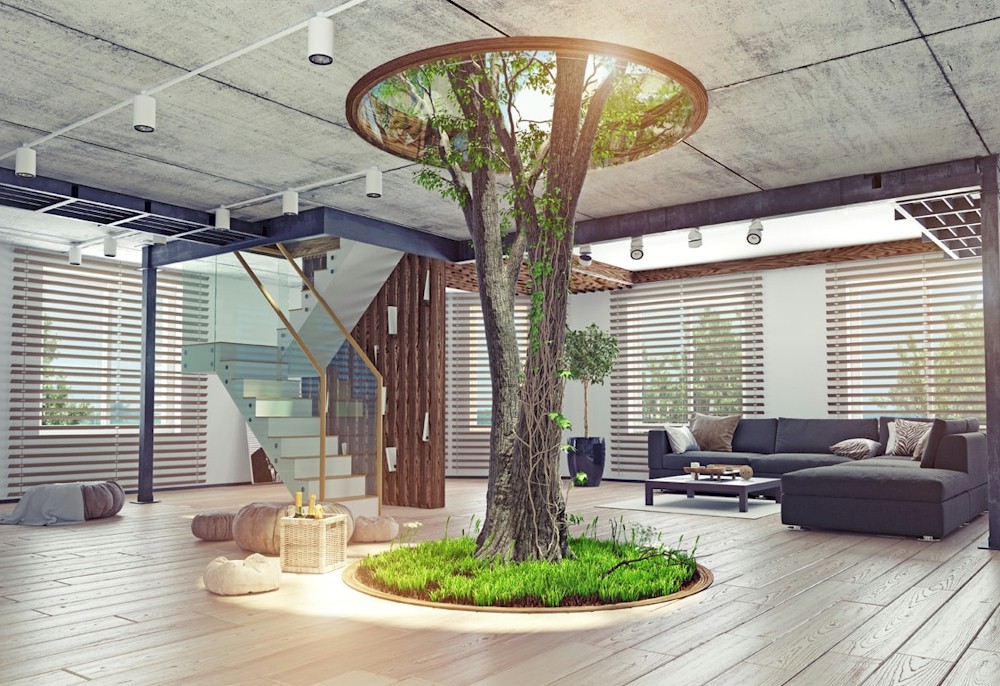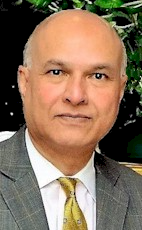For the hospitality and travel industry, giving the customer the ability to personalize their experience, and thusly pay the right price for that experience, is all the rage. Airlines, restaurants, and even some resorts have pioneered new ways to give the people precisely what they want, but for the standard hotel operation, it's not proven to be so simple. In this article, we'll take a look at some of the hurdles hoteliers face when it comes to instituting customer-choice pricing into their sales processes, and we'll take the pulse of personalization in the industry and the evolving guest expectations driving this shift. READ MORE
Developing next generation destinations is a hot topic. We are travelling overseas more than ever before, looking for great places – new or old – to visit, stay, eat, enjoy, work and entertain. However, with issues of environmental degradation, overtourism and waste management in the spotlight, it is imperative to develop destinations in ways that regenerate, protect and nurture the very things that attract tourism. Today, a successful destination development framework secures buy-in from investors, masterplanners, governments and visitors. It should also be sustainable. So, who are the visionaries out there and what are they doing? READ MORE
Hotels are a 365 day a year, 24 hour a day enterprise. This business model provides a number of challenges, including how best to provide for guests needs while balancing costs when considering overnight shift capacities. This final instalment of the four part series unfolding disaster resilience in the hotel sector provides lessons learned by Wellington New Zealand hotels following a midnight earthquake in Kaikõura New Zealand. Hotel staff rose to the opportunity to provide guest service when faced with this significant disruption. Hotel leaders and staff learned a number of lessons and provide a few clear ideas that hotel everywhere can adopt to improve their resilience. READ MORE
Over the past decade, most assessments of guest satisfaction show guest experience scores generally increasing year after year. As the competition becomes more crowded in the hotel space, it doesn't take long for competitors to start emulating one another, leaving industry leaders to think about their next enhancement to make the guest experience even better. Making the right decisions regarding upgrades and investments becomes critical in the evolution of hotel brand standards – but what's the best approach? This article will cover how to develop a strategy to measure the ROI of service, product, and amenity upgrades while maintaining brand integrity. READ MORE
Hotel owners and operators, exploring newer and better ways to improve guest experiences and profitability, are turning to an exciting new design approach, Biophilic Design. Based on the idea that humans crave connections with nature, biophilic hospitality design seeks to create hotel ecosystems that mimic the positive effects that nature has on humans. In nature-rich locations, biophilia harnesses the natural elements. In urban locations, however, where tech-centric lifestyles are common, architects and designers must harness both the natural elements and technology to create integrated and functional biophilic habitats that support the human desire to connect with the earth. In this article, MKDA Executive Managing Director Amanda Hertzler examines how to strike the perfect balance with technology in biophilic hotel design. READ MORE


 LIBRARY ARCHIVES
LIBRARY ARCHIVES 














